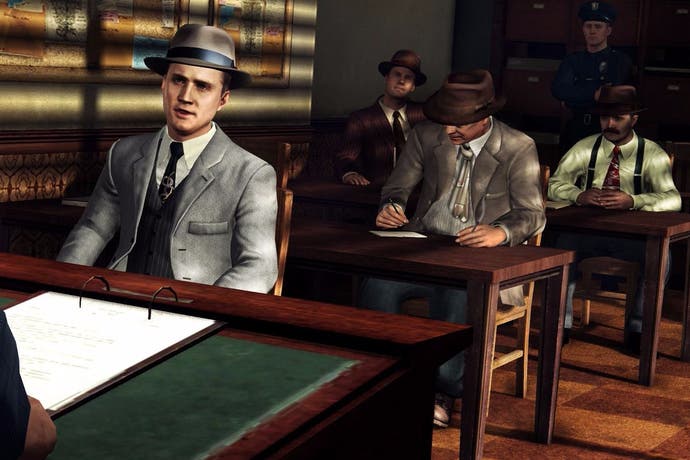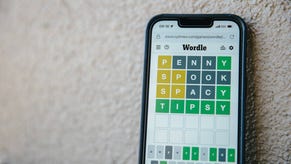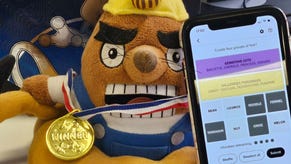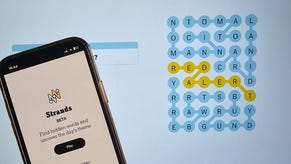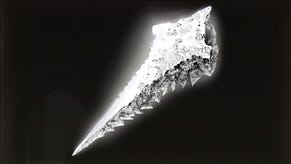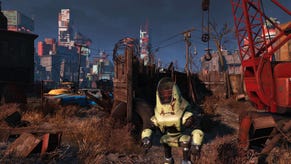LA Noire walkthrough, guide and tips: How to solve every case in the PS4, Xbox One and Switch crime adventure
Solve every case and more with our LA Noire guides.
LA Noire is back! Over six years since its original release on PC, PS3 and Xbox 360, Rockstar's detective adventure sees a re-release on PS4, Xbox One and Switch in its handheld debut.
It's 1947 - the war is over and life is gradually returning to normal, or at least what passes for normal in LA: murder, robbery, drugs, prostitution, arson, and a general seediness that seems to leak out of the Hollywood Hills.
As Cole Phelps, fresh from a tour of Japan with the US Marines, your job is to work your way up from humble beat cop to ace detective, righting wrongs and getting the bad guys locked up on the way, and you're going to do it by the book! (Well, mostly. Some of the pages seem a bit smudged, and one or two chapters are missing entirely, but by and large you mean well.)
Our complete LA Noire walkthrough will help guide you through every case, while our set of LA Noire guides helps with every optional collectable and other attraction to find out in the open world.
LA Noire walkthrough
LA Noire's story is split into five "desks" - Patrol, Traffic, Homicide, Vice, and Arson - and each desk features a number of cases to solve in order to progress to the next.
Patrol desk:
Traffic desk:
- LA Noire - The Driver's Seat
- LA Noire - The Consul's Car *
- LA Noire - A Marriage Made in Heaven
- LA Noire - A Slip of the Tongue *
- LA Noire - The Fallen Idol
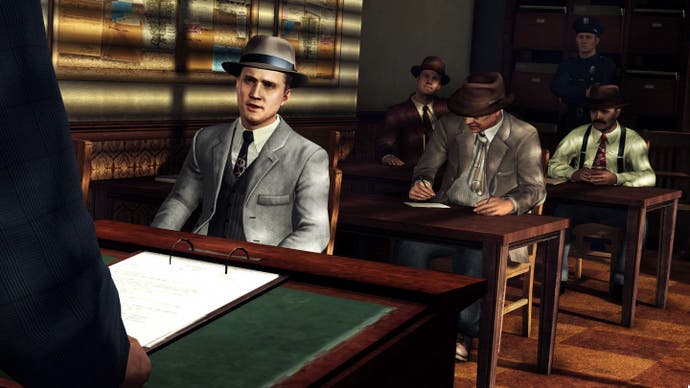
Homicide desk:
- LA Noire - The Red Lipstick Murder
- LA Noire - The Golden Butterfly
- LA Noire - The Silk Stocking Murder
- LA Noire - The White Shoe Slaying
- LA Noire - The Studio Secretary Murder
- LA Noire - The Quarter Moon Murders
Vice desk:
- LA Noire - The Black Caesar
- LA Noire - Reefer Madness *
- LA Noire - The Setup
- LA Noire - The Naked City *
- LA Noire - Manifest Destiny
Arson desk:
- LA Noire - The Gas Man
- LA Noire - A Walk in Elysian Fields
- LA Noire - House of Sticks
- LA Noire - A Polite Invitation
- LA Noire - Nicholson Electroplating *
- LA Noire - A Different Kind of War
* These quests were added as DLC cases post-release in the original Xbox 360 and PS3 versions.
LA Noire guides
As well as solving cases, there's plenty of other things to see and do in 1947 Los Angeles:
- LA Noire Golden Reel Locations
- LA Noire Badge Pursuit Challenge locations
- LA Noire Landmark locations
- LA Noire Newspaper locations
- LA Noire hidden vehicles and cars list
- LA Noire Street Crime side-quests
- LA Noire outfits list
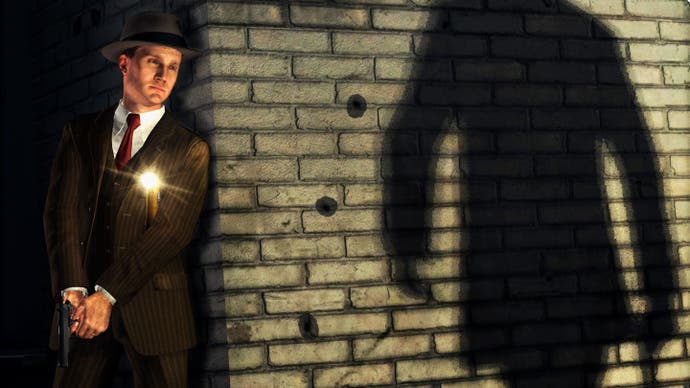
LA Noire tips
If you're expecting a Grand Theft Auto-style approach to missions, you might be in for a surprise.
How LA Noire works
The Patrol desk acts as a tutorial that introduces most of the major gameplay elements, but after that you'll find most cases follow a basic pattern:
- The Crime Scene. Here you'll learn what happened, to whom, and how; these clues will open up further locations and persons of interest for you to explore.
- The Investigation. Gather clues, speak to witnesses and suspects, and potentially reveal further locations or persons of interest to investigate. Some suspects can be a little reluctant to be interviewed, of course, so you may need to chase them down on foot or by car.
- The Interrogation. Not all cases end with one, but in many instances you'll be required to grill a suspect or two and determine whether they should be charged or not.
How interviews work
Interviews and interrogations can be tough, and sometimes the facts you have don't help in determining whether someone's being entirely honest with you and you'll have to rely on their facial expressions to make a determination. If they're looking you squarely in the eye there's a fair chance they're telling the truth, but if they're looking shifty then it's a good bet they're not telling you all you need to know.
If you're convinced they're not being open you have a choice between simply expressing doubt, or flat out accusing them of lying.
Expressing doubt may yield results, and at worse they'll just be a bit offended, but if you're going to call them a liar you'll need to back up your words, so before calling them out check your notebook and see if you have anything in there that proves it.
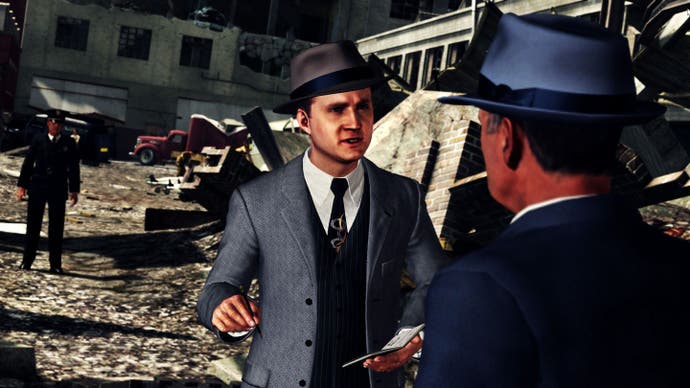
(And remember it's not what you know, it's what Phelps knows that counts - it may be obvious that something is a red herring, but you have to go by what's in your notebook.)
Getting your questioning "wrong" won't effect the general outcome too much - the game's pretty good at papering over your blunders and directing the story where it needs to go - but it will have a negative affect on your overall score at the end of the case, and it's much more satisfying to solve it properly rather than stumbling on the truth by accident.
Final note - LA Noire changed the descriptions of button prompts during interrogations for the PS4, Xbox One and Switch versions. Instead of Truth, Doubt and Lie, you now have Good Cop, Bad Cop and Accuse (both of these will be mentioned in our case walkthroughs). This closer matches the developer's original intentions during development, and should give you a better idea of what you want to say when chatting to suspects.
The open world
This is an era when GPS would have seemed like science fiction, so getting from A to B isn't quite as simple as you may be used to in other open world games. Thankfully your partners always seem to know where even the most obscure places are so you can either ask them for directions as you drive and take in the sights, or ask them to do the driving.
It's also worth nothing that you'll be penalised for running pedestrians down, crashing into things, or otherwise causing traffic mayhem, so if you are doing the driving you'll need to obey the law. You do have sirens at your disposal to clear the way but careening around at great speed is still a risky proposition.
Other tips for solving cases and fighting crime:
- Look first, ask questions later. If you're at a location with a suspect or witness it pays to hunt around for clues before speaking to them. First and foremost you may find something important that you need to ask them about; if you don't know it's there, you don't know to ask. Second, and perhaps most importantly, the evidence can help you determine whether they're being straight with you.
- Everything is important, even if it isn't. Leave no stone unturned, no drawer unrummaged, no privacy unviolated. A lot of the stuff you find will be of no consequence but you won't know until you've looked, and it seems no-one cares much for the Fourth Amendment.
- It's good to talk. If you find yourself having exhausted all the locations and persons of interest in your notebook, try using a phone - it may be that someone at HQ has some insight or information to help progress.
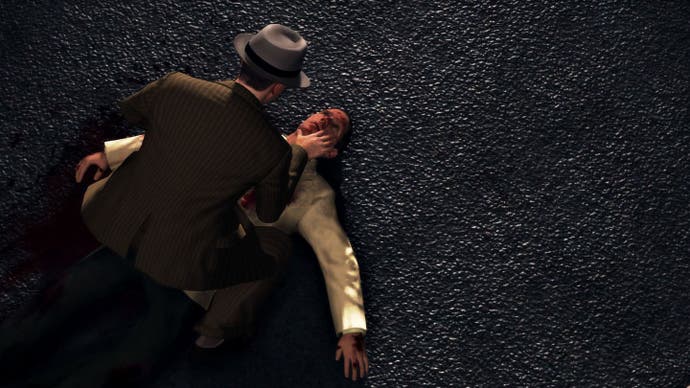
- Look again! If you're still stuck, revisit old locations and give them another sweep as you may have missed something that'll either reveal somewhere else to go or someone else to talk to, or it may open up a new line of questioning for someone you already spoke to.
- Don't shoot until shot at. It may be an open-world Rockstar game, but again, this isn't GTA. There are a few points in the game where you're specifically told to use your gun but outside of those you should keep your gun in its holster.
